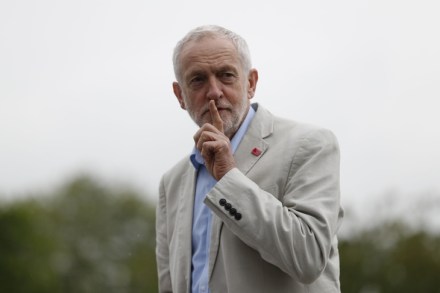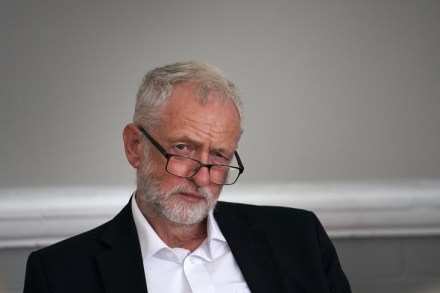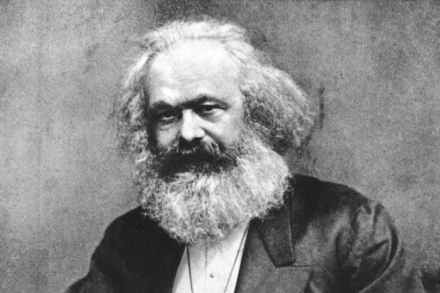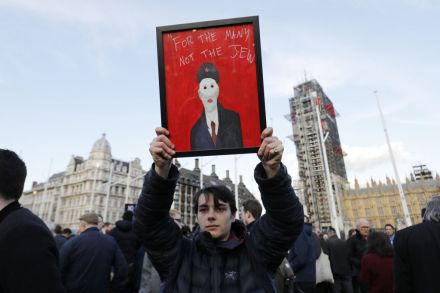Jeremy Corbyn and the cynical tactics of the left | 7 August 2018
It is August, so perhaps it is inevitable that parts of the left are getting somewhat over-heated. But it can’t just be the weather. Take this segment from the bottom of a story in Sunday’s ‘Observer’ which was about something else (comments by Labour’s Deputy Leader on that party’s Leader): ‘[Tom] Watson’s intervention came as Corbyn was forced to “entirely disassociate” himself from an organisation whose website lists him as a member of its international advisory panel and which openly supported a prominent writer convicted of Holocaust denial. In 1996, the Just World Trust, an international NGO that has been a trenchant critic of Israel, wrote a letter defending the




















